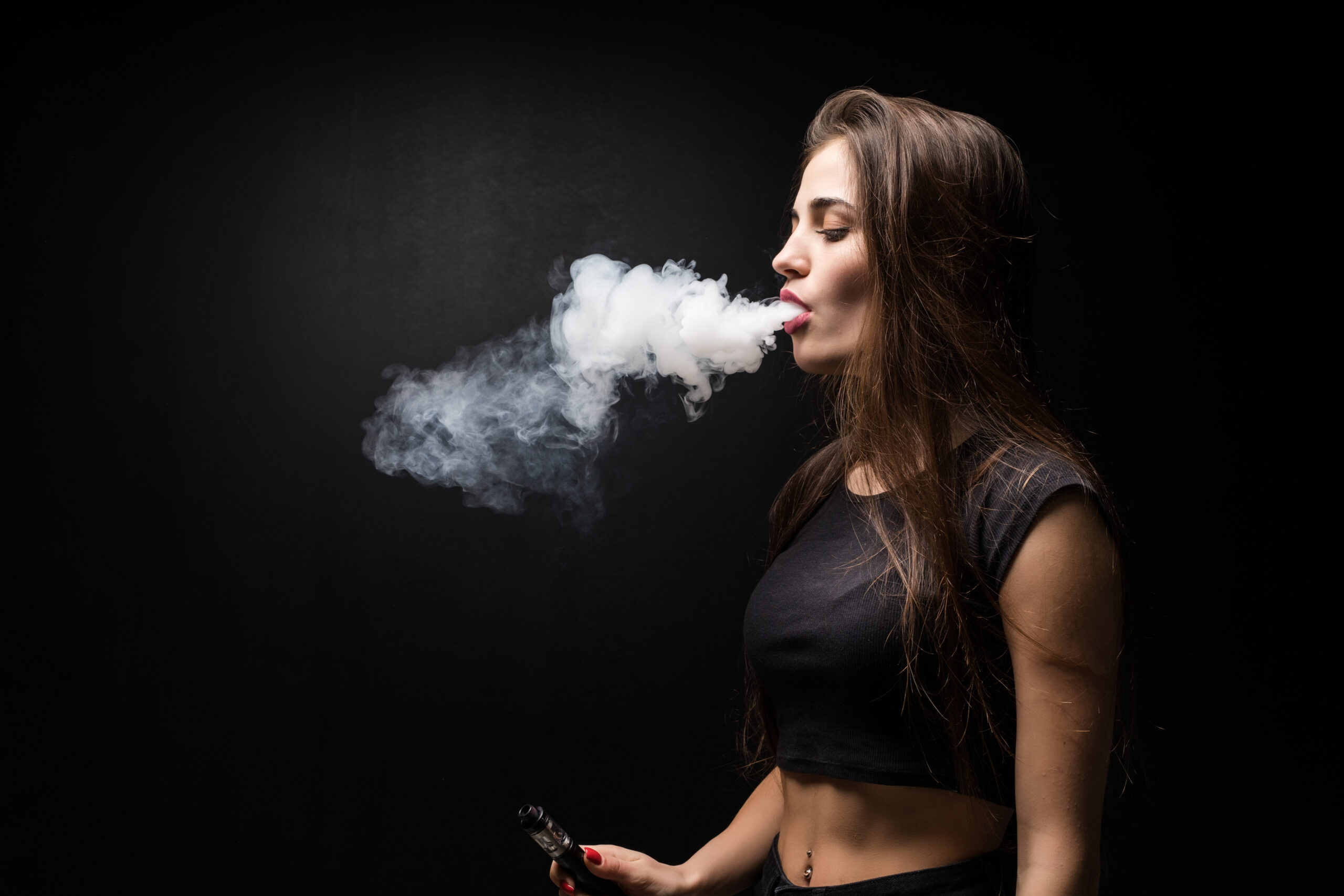Nashville – Tennessee has settled a lawsuit with E-cig manufacturer JUUL Labs. The settlement is the culmination of a two-year, bipartisan, 34-state investigation into JUUL’s marketing and sales practices.
The total settlement payout will be $434.9 million, with Tennessee receiving approximately $13 million.
“JUUL tailored their product and advertisements to minors, thus luring them into vaping and, in some cases, nicotine addiction,” Press Secretary Elizabeth Lane said. “The company is paying for that misconduct. The Tennessee Attorney General’s Office appreciates the collaboration among our bipartisan group of attorneys general to hold JUUL accountable and stop their deceptive and harmful marketing practices.”
JUUL was, until recently, the dominant player in the vaping market. The multistate investigation revealed that JUUL rose to this position by willfully engaging in an advertising campaign that appealed to youth, even though its e-cigarettes are both illegal for minors to purchase and are unhealthy for minors to use.
The investigation found that JUUL relentlessly marketed to underage users with launch parties, advertisements using young and trendy-looking models, social media posts and free samples. It marketed a technology-focused, sleek design that could be easily concealed, and sold its product in flavors intended to attract underage users. To preserve its young customer base, JUUL relied on age verification techniques that it knew were ineffective.
The filing of the Assurance of Voluntary Compliance is an important step toward ensuring JUUL will not engage in deceptive and harmful marketing practices in the future.
In accordance with the provisions of the Assurance of Voluntary Compliance, JUUL has agreed to refrain from:
- Youth marketing
- Funding education programs
- Depicting persons under 35 in any marketing
- Use of cartoons
- Paid product placement
- Sale of brand name merchandise
- Sale of flavors not approved by FDA
- Allowing access to websites without age verification on landing page
- Making representations about nicotine not approved by FDA
- Making misleading representations about nicotine content
- Sponsorships/naming rights
- Advertising in outlets unless 85 percent of the audience is adult
- Advertising on billboards
- Advertising on public transportation
- Advertising on social media (other than testimonials by individuals over the age of 35, with no health claims)
- Use of paid influencers
- Direct-to-consumer ads unless age-verified, and
- Free samples
The Assurance of Voluntary Compliance also includes sales and distribution restrictions, including restrictions on where the products may be displayed/accessed in stores, online sales limits, retail sales limits, age verification on all sales and a retail compliance check protocol.
Tennessee signed on to the multistate investigation in addition to Alabama, Arkansas, Delaware, Georgia, Hawaii, Idaho, Kansas, Maryland, Maine, Mississippi, Montana, North Dakota, Nebraska, New Hampshire, New Jersey, Nevada, Ohio, Oklahoma, Puerto Rico, Rhode Island, South Carolina, South Dakota, Utah, Virginia, Vermont, Wisconsin, and Wyoming. The investigation was led by Connecticut, Texas and Oregon.
Image by diana.grytsku on Freepik.








